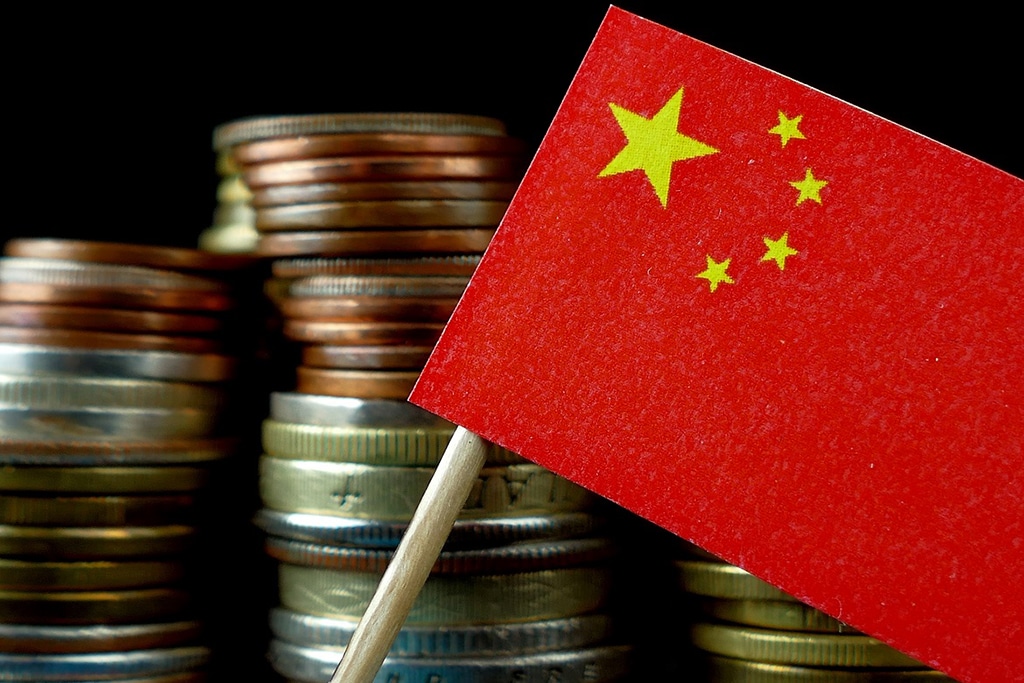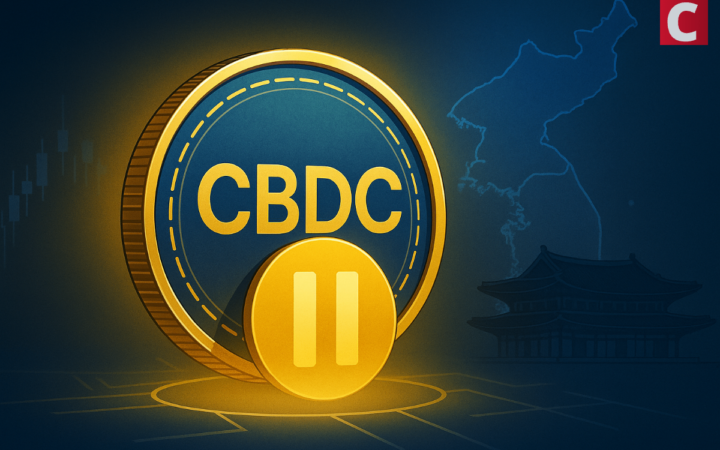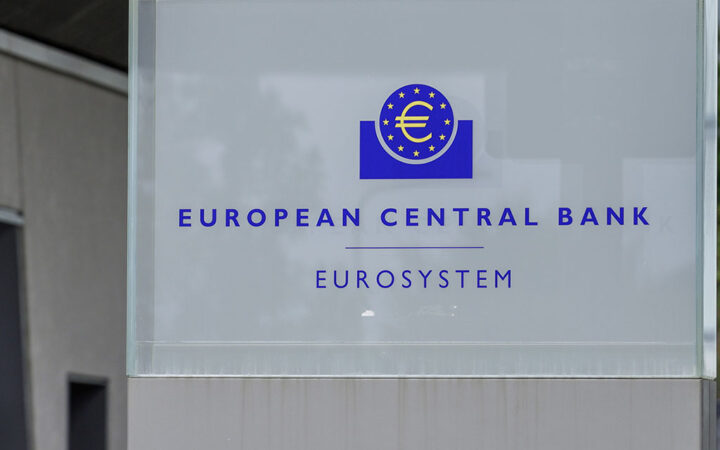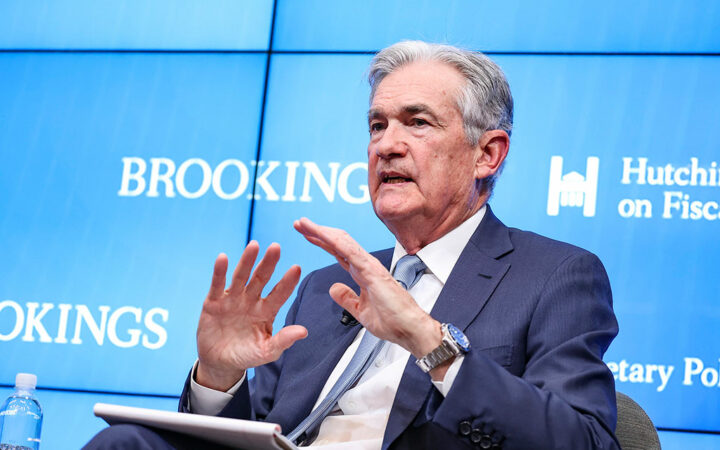
Steven has been a cryptocurrency enthusiast since 2015 after learning about Bitcoin in an online forum. He is most excited by the application of blockchain technology in developing countries for financial inclusion.
The decision to conduct the trial this weekend is strategic as it coincides with Double 12 (December 12th), a day when retailers offer steep discounts.

China will test tap payments for its CBDC, digital yuan, this Friday, December 11. The new feature allows users to send digital currency without an internet connection. China’s central bank digital currency (CBDC) trials have heated up in recent months as the country seeks to be ready for launch before the 2022 Beijing Winter Olympics. The People’s Bank of China has conducted test trials in some of the major cities including Shenzhen, Shanghai, Chengdu and Xiong’an New Area.
The newest feature of the digital yuan may be its most defining one yet and could make it a household payments method beyond the retail industry. According to a report by Asian newspaper Nikkei, the PBoC will be trialing a tap payments feature on Friday.
China is putting a whupping on the US is the race to digital dominance. The Chinese Govt is focused on being a reserve currency for the rest of the world when we have been looking inward. https://t.co/NWVuaSVYCS
— Mike Novogratz (@novogratz) December 6, 2020
The feature allows the CBDC users to exchange payments by simply tapping their phones together. It eliminates the need for an internet connection. As per the report, the central bank intends to replicate the experience of exchanging physical cash with the new feature.
The newspaper revealed that 1,000 people in Suzhou city will take part in this trial. China’s smartphone giant Huawei has already started rolling out phones that support this feature.
The PBoC will select 100,000 Suzhou residents to participate in the trial. This group will receive 200 yuan ($31) each which they can use to purchase products in the city. Additionally, they can use the digital yuan on e-retailer JD.com. The retailer becomes the first online platform to accept digital yuan payments, as Coinspeaker reported.
JD.com joins a host of other tech firms that have partnered with the PBoC on the project. They include taxi-hailing giant Didi Chuxing and messaging firm Tencent.
The decision to conduct the trial this weekend is strategic, the paper revealed. This is because it coincides with Double 12 (December 12th), a day when retailers offer their customers steep discounts. This shopping event, a sequel to the famous Singles’ Day, sees a very high number of customers flock to local stores.
Double 12 will be the perfect setting to test the digital yuan, especially how it performs when under heavy stress from millions of transactions.
The Suzhou trial will be the latest for the CBDC, otherwise known as the digital currency electronic payment (DC/EP). The first was in Shenzhen in October where close to 50,000 citizens received $31 each worth of DC/EP. This was usable in restaurants and other local stores.
PBoC’s tests have expanded into almost all major cities including Beijing, Chongking, Shanghai, Chengdu and Guangzhou. In Xiong’an New Area, the local government has indicated that it intends to explore and encourage cross-border digital yuan settlements, the first local region to do so.
China has also been looking to expand the digital yuan to inter-regional payments, with Hong Kong becoming the first partner. Hong Kong’s Treasury secretary Christopher Hui Ching-yu revealed in October:
“In the event that the PBoC would like to explore the use of digital currency and electronic payments in places outside of the mainland, including Hong Kong, the government and the HKMA will actively respond and collaborate.”
As Coinspeaker reported, there are rumors that Macau casinos may integrate the digital yuan as well.
Disclaimer: Coinspeaker is committed to providing unbiased and transparent reporting. This article aims to deliver accurate and timely information but should not be taken as financial or investment advice. Since market conditions can change rapidly, we encourage you to verify information on your own and consult with a professional before making any decisions based on this content.

Steven has been a cryptocurrency enthusiast since 2015 after learning about Bitcoin in an online forum. He is most excited by the application of blockchain technology in developing countries for financial inclusion.




